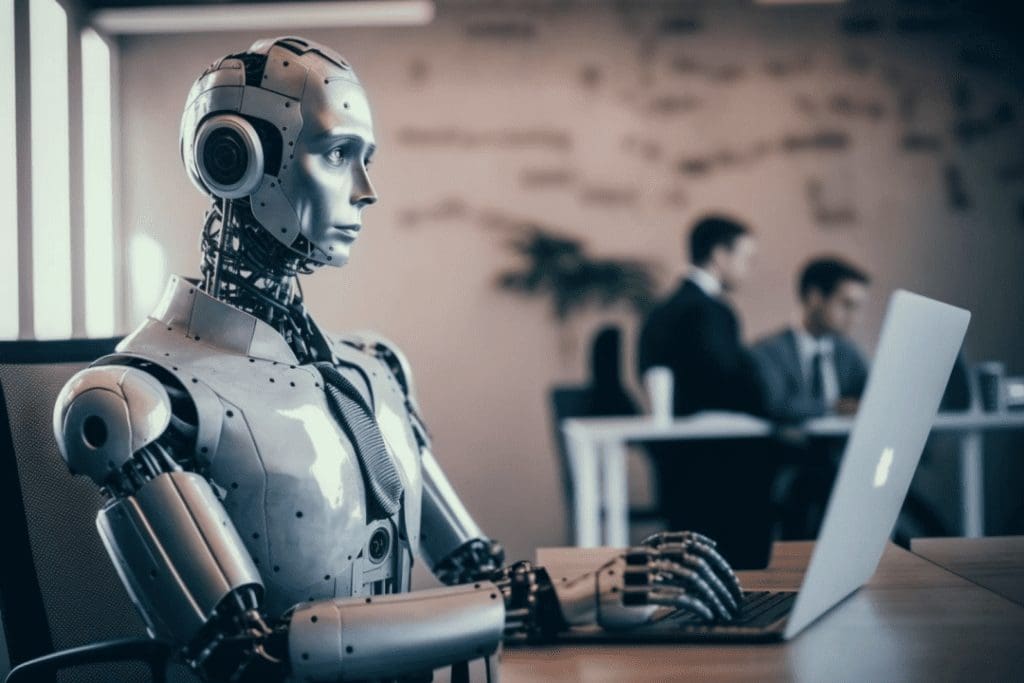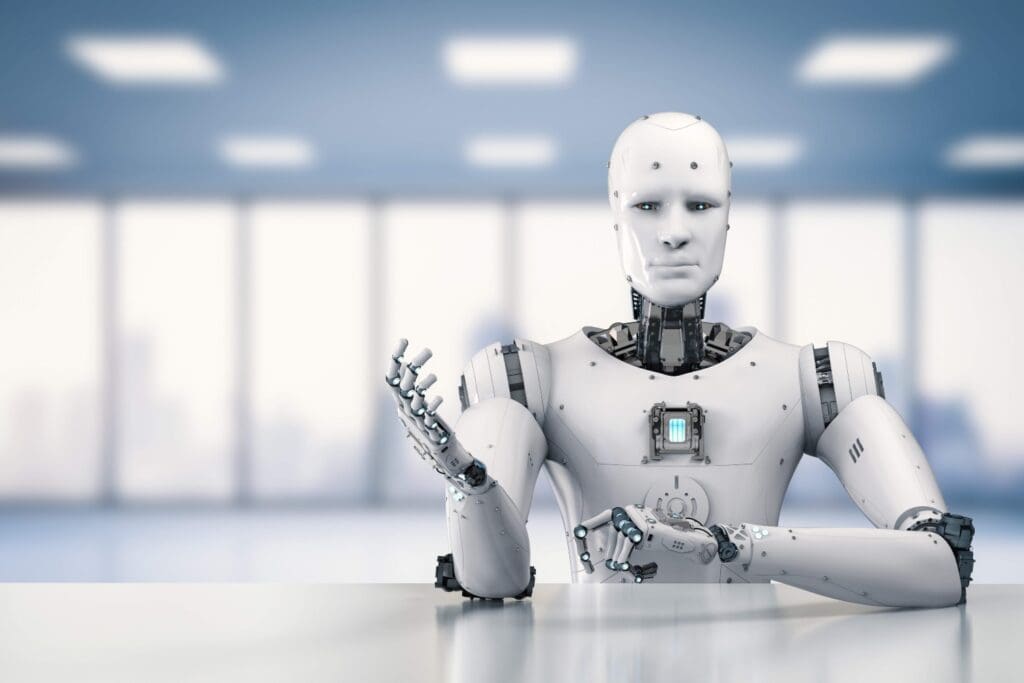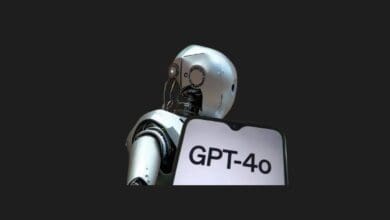
AI and Automation: Reshaping Job Market by 2030
The rapid evolution of artificial intelligence and automation technology is a rising trend across various sectors of the business world.
Amid ongoing debates about AI potentially replacing many human jobs in the near future, the leading research firm McKinsey Global Institute has identified four professions expected to be largely taken over by robots by 2030.
In its latest study on global economic trends, the McKinsey Global Institute indicated that employment in the US will face significant changes due to technological advancements in the upcoming years.
The research suggests that by 2030, nearly 12 million workers in the US will need to seek new employment opportunities as demand for their current jobs declines.
The “Great Resignation” Phenomenon and the Inevitable Job Changes

In recent years, many countries, especially the US, have witnessed a wave of job transitions driven by employees seeking improved wages and work-life balance, a phenomenon commonly referred to as the “Great Resignation.”
However, McKinsey researchers project that millions of individuals will be compelled to change jobs involuntarily by 2030. Around 9 million of these individuals may have to seek employment in entirely new sectors.
Lower-Wage Workers to Bear the Brunt

Michael Chui, who analyzes the effects of new technologies on work life at the McKinsey Global Institute, informed Business Insider that job demand in four sectors is anticipated to decline by 75%. These sectors comprise office support, customer service and sales, food services, and manufacturing.
The report highlights that low-wage workers will be disproportionately affected by these transformations. Conversely, demand for high-paying positions in sectors such as healthcare, technology, and transportation is expected to experience significant growth in the coming years.
Four Factors to Shape Workforce Demand

The study delineates four pivotal factors that will shape changes in workforce demand over the next decade:
- Automation: Job automation, propelled by the emergence of artificial intelligence technologies like ChatGPT, could result in the automation of 30% of current jobs in the US by 2030. While AI is expected to significantly enhance working methods in creative fields and law rather than displacing jobs, professions in customer service and sales are anticipated to be most adversely affected by automation.
- Surge in online shopping: The proliferation of e-commerce is likely to diminish the need for workers in brick-and-mortar stores but is poised to increase employment opportunities in warehouse and transportation services.
- Aging population: The aging population in the US and several other nations will lead to reduced demand for certain jobs due to variations in spending habits across age groups. However, this demographic shift will also result in a rapid escalation in demand for professions such as healthcare workers.
- Productivity enhancements: Despite the resurgence of the US manufacturing sector, productivity gains necessitate fewer workers in production roles. Consequently, this scenario may entail a reduction in the workforce but an increase in demand for specialized skills.
The Critical Importance of Retraining

According to McKinsey Global Institute researcher Chui, whether these changes will have a positive or negative impact on the workforce remains a subject of debate.
These transformations are projected to compel workers most affected by artificial intelligence to undergo retraining for acquiring new skills.
Chui underscored the necessity for substantial investments in retraining by companies, educational institutions, and governmental bodies.
You may also like this content
- Microsoft Accelerates in Cybersecurity: AI Now Takes the Lead in Protection!
- DeepSeek Takes the World by Storm with Major Update to V3
- Google’s AI Tool Gemini Can Now “See” the World Using Your Phone Camera
Follow us on TWITTER (X) and be instantly informed about the latest developments…












